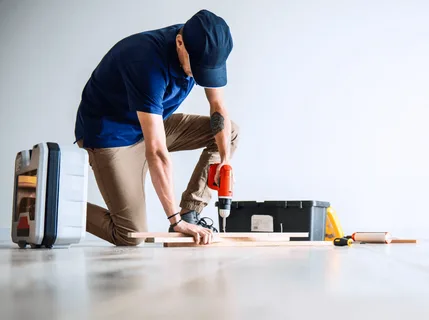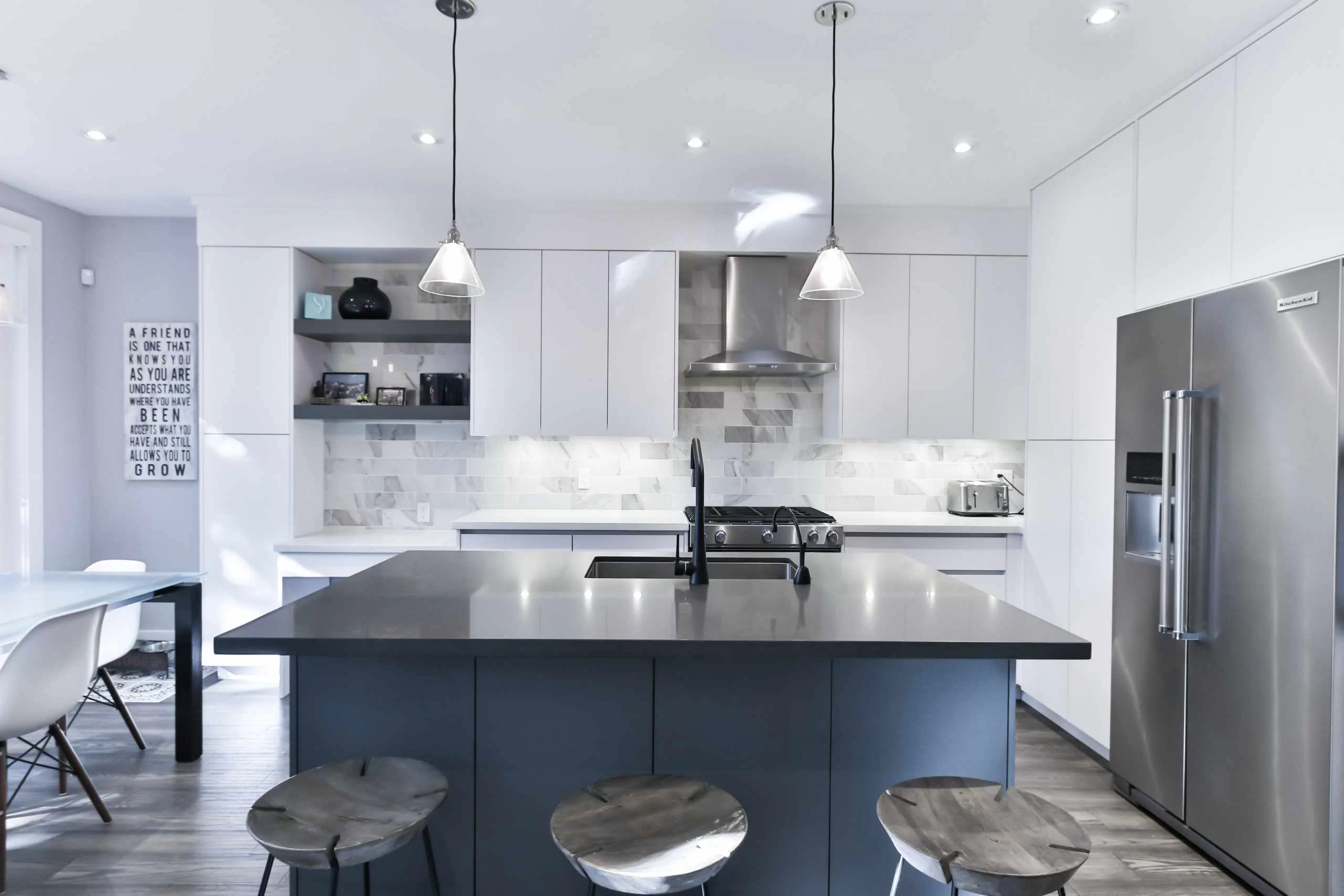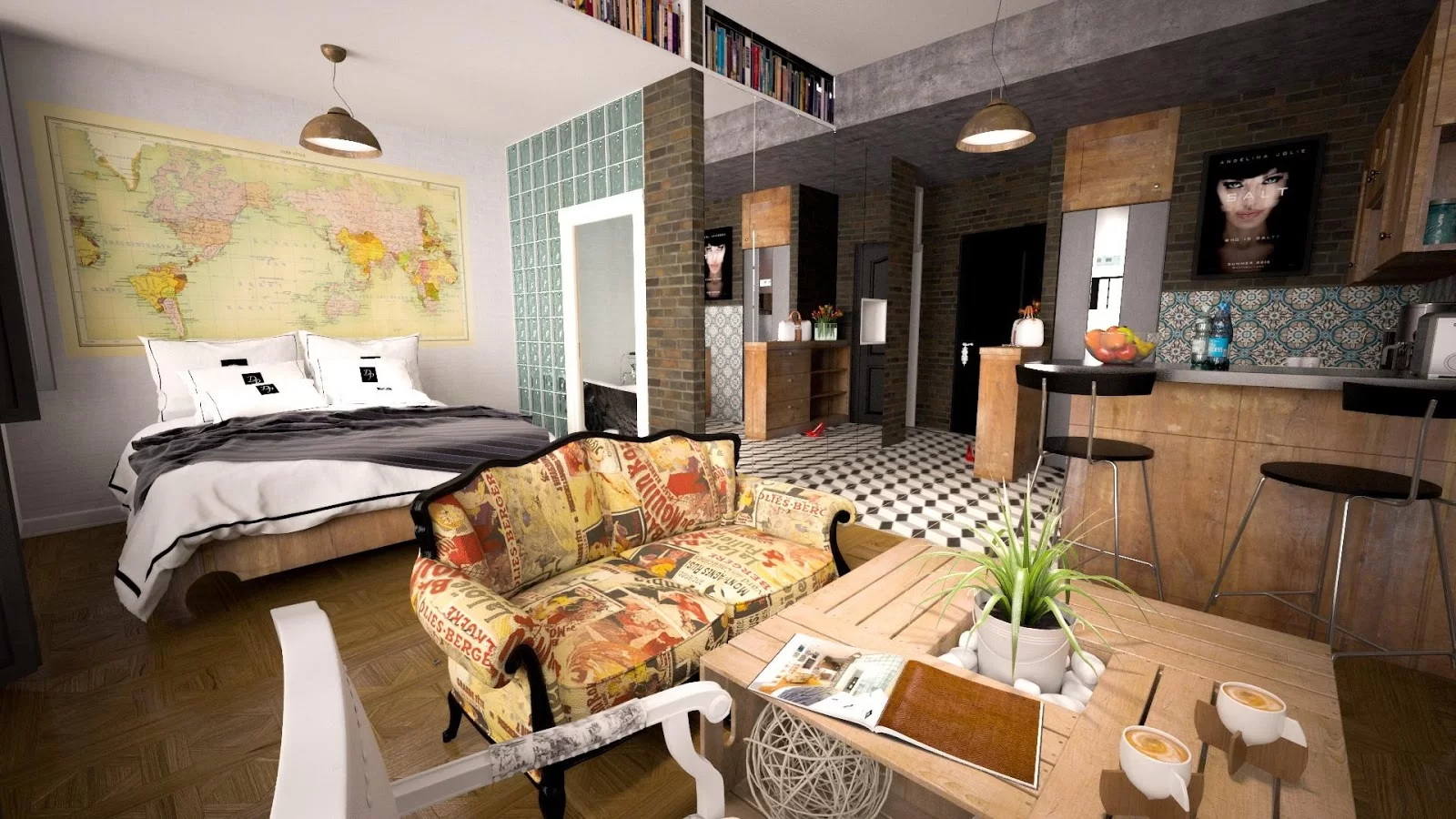Keeping your home in good working order requires a mix of regular maintenance and the occasional repair. Nevertheless, quite a few of these tasks involve potential safety hazards that you mustn’t overlook. Taking proper precautions ohio state football jersey andre johnson jersey zalando levis t shirt botas estilo dr martens con plataforma botas estilo dr martens con plataforma under armour bow hunting t shirt lego stargate sg 1 náhradní díly elektro subwoofer genius andre johnson houston texans jersey shampoo sebovalis Mexico mochilas para mujer 2018 injusa moto aprilia collagen booster cream rich jordan panda nike jordan sale and following essential safety guidelines then means avoiding injuries and accidents while working on home improvement projects.
Table of Contents
Use Sturdy Ladders and Platforms
One of the most important rules of home repair safety is (if you are going to be using them in your particular project) to use ladders and platforms designed for the specific task. Portable ladders come in many types – extension, straight, and step ladders – each with weight limits you really need to pay attention to. Check your ladder before use for any loose rungs, cracks, or any other defects. Be sure the ladder is fully open and stable on level ground before attempting to climb it. For any work that needs to take place above the first floor, use scaffolding or a mobile platform that meets British safety standards. It’s important to check the condition of all equipment, and never, ever overreach from a ladder or platform. Having a sturdy, appropriate ladder or platforms is essential when it comes to preventing falls (which are a leading cause of injuries related to home maintenance and repair).
Protect Against Electrical Dangers
Many home improvement projects involve electrical risks, especially if you are working near exposed wires or junction boxes. To that end, you need to always turn off power at the main circuit breaker before carrying out any electrical work. The test wires with a voltage tester to confirm the power is off. Also, be cautious of overhead wires when using long tools or a ladder. Wear insulated gloves, and use insulated tools designed for electrical work. Make sure you never touch plumbing or grounded metal objects when handling electrical components.
Replace missing or damaged insulation and wire connectors, and label all disconnected wires and take photos of wiring before altering connections. Doing this reduces the chance of a shock, electrocution, or even just incorrectly rewiring a junction box. Exercising caution around electricity is crucial for your safety.
Use Personal Protective Equipment
Using the right personal protective equipment (PPE) will safeguard you from various hazards while you repair or maintain your home. Wear safety goggles when hammering, cutting, grinding, or performing tasks that send debris flying, and use earplugs or protective earmuffs when operating loud power tools like drills, saws, sanders, or pneumatic equipment. Work gloves provide grip and protect hands from sharp objects and materials like fibreglass, while a dust mask or respirator will help protect lungs from inhaling fine particles when sanding, sweeping, or working around mould and insulation. A hard hat will shield your head if tools or materials fall overhead. In the end, the correct PPE for each job will reduce risk of eye injuries, hearing loss, cuts, breathing issues, and other physical harm.
Handle Chemicals Safely
Paints, solvents, cleaners, and other chemicals come with risks. Be sure to read all the warning labels and follow usage directions carefully. Only mix chemicals in well-ventilated areas, well away from ignition sources. Furthermore, never mix bleach or ammonia with other cleaners. Wear gloves and eye protection when handling corrosive materials like drain cleaner, and avoid breathing vapours from chemicals like paint stripper or varnish by using them outdoors. Keep flammable liquids like paint thinner or petrol stored securely away from heat or flames. A working fire extinguisher nearby is also wise when using combustible solvents and oils. Take precautions when managing home improvement chemicals to avoid noxious fumes, skin burns, or accidental fires.
Prevent Slips, Trips and Falls
Slipping on wet floors or tripping on tools are surprisingly common accidents during home repairs. Remove any clutter and debris from work areas and walkways. Place safety cones or warning signs if you must leave any tripping hazards like tools, cords, or materials on the floor temporarily. Use wet floor caution signs after mopping or cleaning. Install temporary grab bars in bathrooms or showers if you remove standard bars during renovations. Apply non-slip paint strips on outdoor paths, steps, and decks if they become slippery when wet. Improve lighting in work areas and on stairways used at night. Stay alert on ladders, platforms, and rooftops for puncture risks from nails or roof tacks. Taking a few minutes to secure work areas prevents painful and sometimes serious slip, trip and fall injuries.
Practice Fire Safety
Fires can erupt without warning when using certain tools and materials for home repairs and maintenance. Always keep a multipurpose fire extinguisher nearby when working with flammable chemicals or oils. Be alert to potential ignition sources like cigarette embers, electrical sparks, and hot surfaces. Ventilate spaces when using solvents or other flammable liquids. Never leave cooking food unattended when taking breaks from projects. Dispose of chemical-soaked rags properly in metal containers rather than letting them accumulate. Check for gas leaks if you smell natural gas in the area. Never disable or remove smoke detectors while renovating rooms. Having working fire alarms throughout the home can alert you to a fire hazard early. Make fire safety a priority to avoid catastrophic damage to your home or serious burns and smoke inhalation.
Conclusion
While home maintenance and repairs allow you to improve and update your living space, they involve many potential hazards if proper safety precautions are ignored. Using sturdy ladders and platforms, protecting against electrical and chemical dangers, wearing appropriate PPE, practicing fire safety, and preventing slip-and-fall risks means you can complete your home improvement projects without accidents or injuries. Making safety the top priority ensures you get to enjoy the benefits of DIY home repairs without sacrifice to your health and wellbeing.





